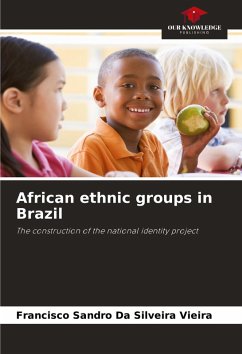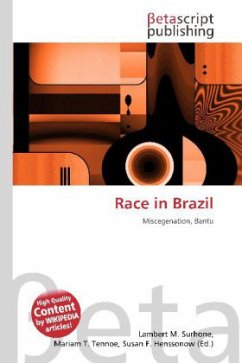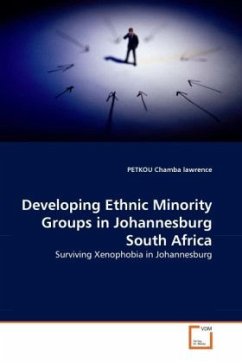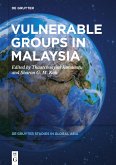There is a consensus in the literature of the social sciences - anthropology, sociology and history - about the importance of black Africans in the social formation of Brazil. Brought to the 'New World' as slaves since the 16th century, the Africans who arrived here belonged to two ethno-linguistic groups: the Sudanese and the Bantu. However, when it comes to the influence of 'blacks' on Brazilian society, scholars refer mainly to the contribution of the Sudanese ethno-linguistic group, considered by experts to have a superior culture compared to the Bantu ethno-linguistic group. Thus, our analysis sought to uncover the process of nation-building, which goes through an invented tradition with the aim of legitimising the status of one African ethno-linguistic group (the Sudanese) as superior to the others (Bantu) and admitting it not only as an integral part of Brazilian national identity, but also as its positive part in the formation of national identity.
Bitte wählen Sie Ihr Anliegen aus.
Rechnungen
Retourenschein anfordern
Bestellstatus
Storno








